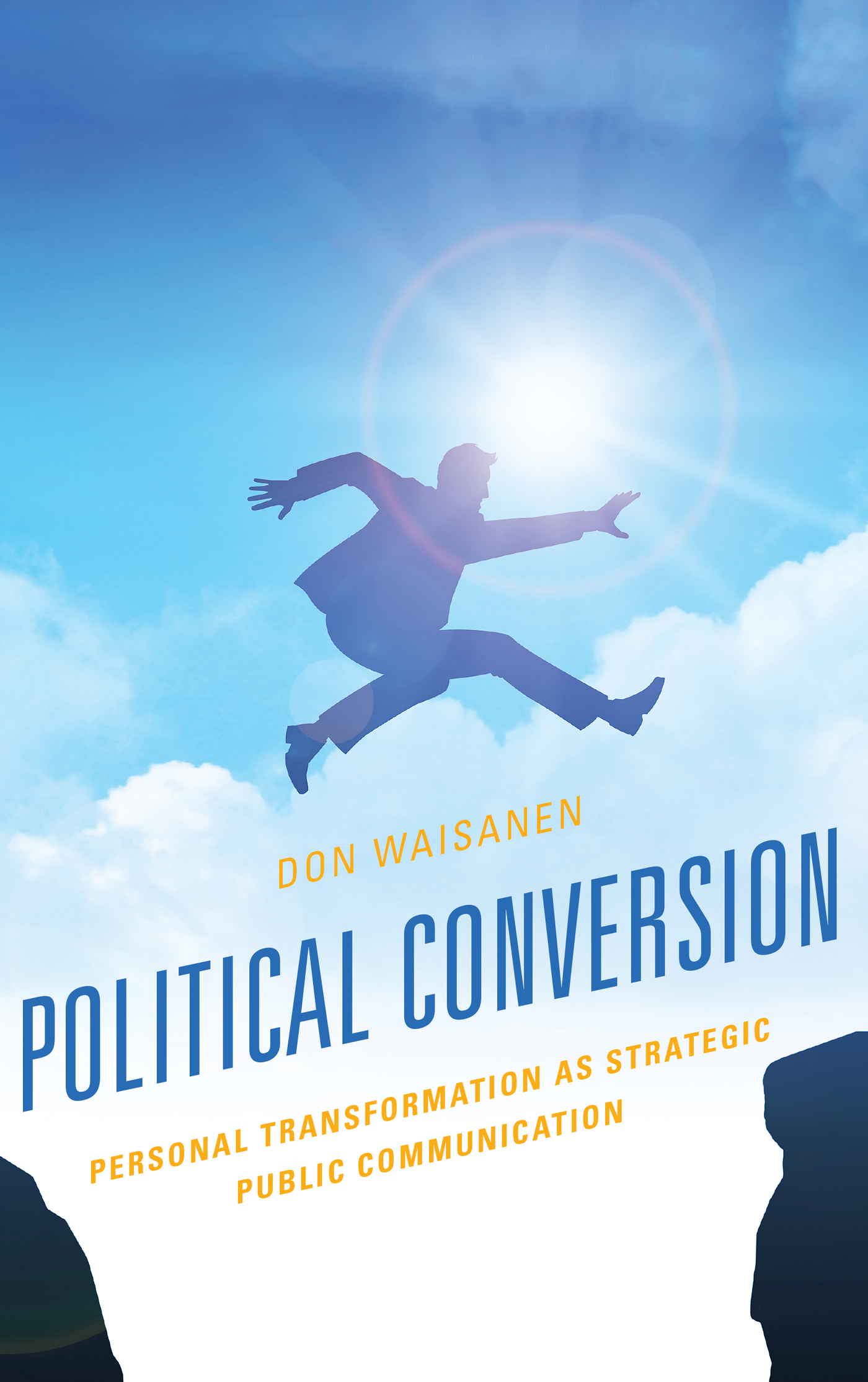Political Conversion
Lexington Studies in Political Communication
Series Editor: Robert E. Denton, Jr., Virginia Tech University
This series encourages focused work examining the role and function of communication in the realm of politics including campaigns and elections, media, and political institutions.
Recent Titles in the Series
Political Conversion: Personal Transformation as Strategic Public Communication
By Don Waisanen
The 2016 American Presidential Campaign and the News: Implications for the American Republic and Democracy
Edited by Jim A. Kuypers
A Rhetoric of Divisive Partisanship: The 2016 American Presidential Campaign Discourse of Bernie Sanders and Donald Trump
By Colleen Elizabeth Kelley
Studies of Communication in the 2016 Presidential Campaign
Edited by Robert E. Denton, Jr.
The Monstrous Discourse in the Donald Trump Campaign: Implications for National Discourse
By Debbie Jay Williams and Kalyn L. Prince
The Political Blame Game in American Democracy
Edited by Larry Powell and Mark Hickson
Political Campaign Communication: Theory, Method, and Practice
Edited by Robert E. Denton, Jr.
Still Paving the Way for Madam President, Revised Edition
By Nichola D. Gutgold
James Farmer Jr.: The Great Debater
By Ben Voth
Political Conversion
Personal Transformation as Strategic Public Communication
Don Waisanen
LEXINGTON BOOKS
Lanham Boulder New York London
Published by Lexington Books
An imprint of The Rowman & Littlefield Publishing Group, Inc.
4501 Forbes Boulevard, Suite 200, Lanham, Maryland 20706
www.rowman.com
Unit A, Whitacre Mews, 26-34 Stannary Street, London SE11 4AB
Copyright 2018 by The Rowman & Littlefield Publishing Group, Inc.
All rights reserved. No part of this book may be reproduced in any form or by any electronic or mechanical means, including information storage and retrieval systems, without written permission from the publisher, except by a reviewer who may quote passages in a review.
British Library Cataloguing in Publication Information Available
Library of Congress Cataloging-in-Publication Data
Names: Waisanen, Don, author.
Title: Political conversion : personal transformation as strategic public communication / by Don Waisanen.
Description: Lanham, Maryland : Lexington Books, [2018] | Series: Lexington studies in political communication | Includes bibliographical references and index.
Identifiers: LCCN 2018007527 (print) | LCCN 2018014910 (ebook) | ISBN 9781498575737 (Electronic) | ISBN 9781498575720 (cloth : alk. paper)
Subjects: LCSH: Communication in politics--United States. | Religion and politics--United States. | Conversion. | Chambers, Whittaker. Witness. | Podhoretz, Norman. Breaking ranks. | Horowitz, David, 1939- Radical son. | Wills, Garry, 1934- Confessions of a conservative.
Classification: LCC JA85.2.U6 (ebook) | LCC JA85.2.U6 W35 2018 (print) | DDC 320.97301/4--dc23
LC record available at https://lccn.loc.gov/2018007527
 TM The paper used in this publication meets the minimum requirements of American National Standard for Information Sciences Permanence of Paper for Printed Library Materials, ANSI/NISO Z39.48-1992.
TM The paper used in this publication meets the minimum requirements of American National Standard for Information Sciences Permanence of Paper for Printed Library Materials, ANSI/NISO Z39.48-1992.
Printed in the United States of America
This project was supported by a Eugene M. Lang Fellowship and a
Professional Staff Congress grant from the City University of New York
Acknowledgments
Id like to thank Randall Lake for his early encouragement and steadfast feedback throughout the first phase of this project. Id also like to thank Stephen OLeary, Tom Goodnight, and Nina Eliasoph for reading and responding to drafts in this book with interest, insights, and care. To Dean David Birdsell, his incredible staff, and all of my colleagues and students at the Baruch College, CUNY Marxe School of Public and International Affairs, I owe immense gratitude for all the support and guidance you have offered me over the last decade. I consider myself fortunate to be part of such a wonderful team. To my parents, thanks for your unconditional support and love; every day Im trying to pay it forward. Last, all my love goes to my spouse Lauren and sons Joel and Sam, without whom this project would not have been possible. You bring inspiration, wisdom, and joy to my every day.
Introduction
Political Transformation as a Pervasive Strategy
I once was lost, but now am found, was blind but now I see.
People have publicized their conversion experiences to audiences through autobiographies, such as Augustines Confessions, George Foxs The Journal of George Fox, and Thomas Mertons The Seven Storey Mountain.
Following these trends, an intriguing phenomenon has developed in the United States, as prominent figures have not only imported the conversion narrative into public affairs but conceived of it as a political, rather than a religious, experience. While religious conversion narratives have a long history, the political version is a more recent development as a strategy aimed at winning the hearts and minds of the public. Walking through any local bookstore, one is struck by the volume of political conversion autobiographies in the marketplace. A broad range of political converts and party switchers exist, both producing and being influenced by networks of rhetoric about personal transformation. Such figures as Ronald Reagan, Hillary Clinton, Arthur Koestler, Irving Kristol, Richard Weaver, and Malcolm Xand, more recently, David Horowitz, Arianna Huffington, James Jeffords, David Brock, Christopher Hitchens, Linda Chavez, Dennis Miller, Thomas Sowell, Rick Perry, Michelle Bachmann, Bruce Bartlett, and Charlie Cristall have used political conversion stories to gain support for their lives and causes.
These stories act as strategic messages in public affairs. In 2004, for instance, the Republican Party asked former Democratic governor Zell Miller to deliver its keynote address at the Republican National Convention, in order to support President George W. Bushs campaign and policies. Jane Roe, of the landmark Supreme Court abortion case Roe v. Wade, renounced her pro-choice views and was embraced by conservative organizations as a model for antiabortion advocacy. Roe even wrote an autobiography documenting her journey as a religious and political convert. These leaders stand before the public as convincing examples, testifying to a personal change with political relevance.
Political conversion narratives have circulated in other ways. Many volunteers for Barack Obamas 2008 presidential campaign were specially trained not to share their policy views with potential supporters but, instead, to tell potential voters personal stories of political conversion to Obama-ism.
Overall, in whichever medium they might be presented, conversion narratives are messages with public significance. These stories of transformation aim to sway or further reinforce readers very views of the world.
This project thus explores and evaluates political conversion as strategic public discourse in the last half century of U.S. politics. As they circulate, political conversion stories raise questions about how and why this rhetorical strategy has evolved to meet the needs of contemporary authors and audiences. They straddle the spheres of religion and politics in unexpected ways, acting as atypical public information and influence campaigns. They show us what kinds of stories are acceptable to tell in public and how such stories draw and redraw the lines of public communication.

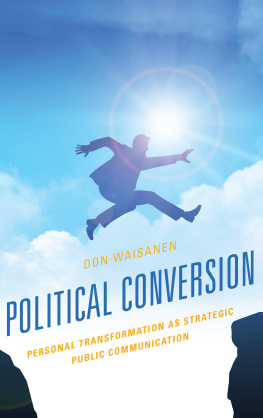

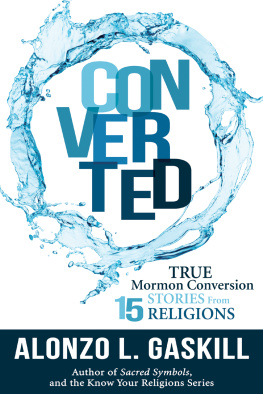
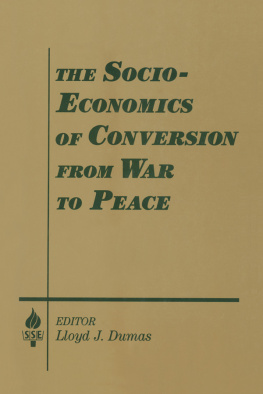

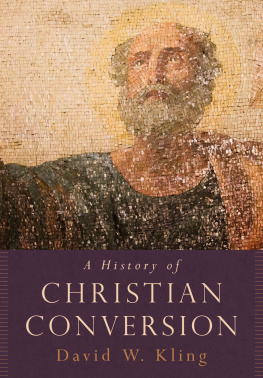
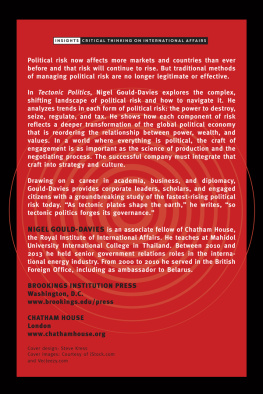
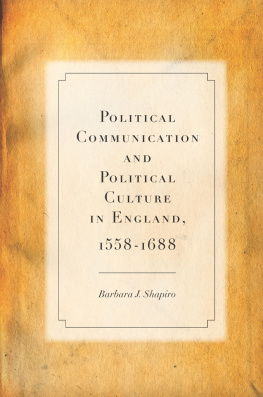

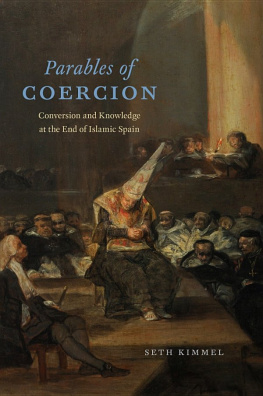
 TM The paper used in this publication meets the minimum requirements of American National Standard for Information Sciences Permanence of Paper for Printed Library Materials, ANSI/NISO Z39.48-1992.
TM The paper used in this publication meets the minimum requirements of American National Standard for Information Sciences Permanence of Paper for Printed Library Materials, ANSI/NISO Z39.48-1992.